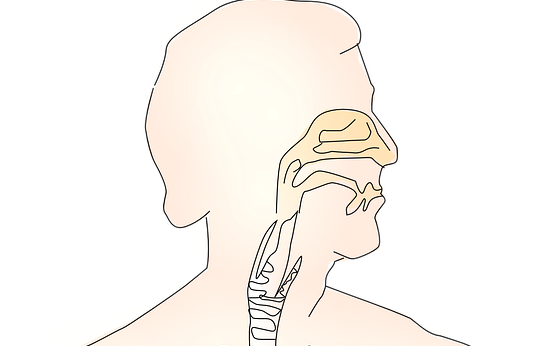Scientists from the Genome Institute of Singapore (GIS) announced on Monday recent findings that show potential improvements to the early detection of so-called “Cantonese cancer” — the most common head and neck cancer in Singapore.
The team of scientists, from the GIS’ Agency for Science, Technology and Research (A*STAR), discovered two new Epstein-Barr Virus (EBV) variants associated with Cantonese cancer — another name for nasopharyngeal carcinoma, or nose cancer — as well as gastric cancer and several kinds of lymphoma, which could make it easier to identify individuals at high risk of developing these cancers and get them to undergo intervention programs early on.
According to the study, published in the scientific journal Nature Genetics, individuals with the strain are 11 times more likely to develop the cancer than non-carriers.
The research also found that over 80 percent of cancer cases among individuals from the Cantonese dialect group are caused by this strain (hence the name “Cantonese cancer”). This also explains why testing for such variants can help identify individuals who are at high risk.
The nasopharynx is the area behind the nose and above the back of the throat. Cantonese cancer occurs when the cells that line the nasopharynx become cancerous, according to SingHealth online.
It is prevalent among this sub-group of Chinese individuals, and is 20 to 30 times more common in people of Cantonese descent, according to the Singapore Cancer Society website. The society also noted that it is more frequently seen in males than in females.
Early nasopharyngeal cancer is treated by radiotherapy, while chemotherapy is sometimes used as part of the treatment, according to the Ministry of Health website. Like with any illness, early detection greatly increases the chances for successful treatment.
SingHealth, however, points out that prevention is always better than a cure, and recommends at-risk or concerned individuals to consume a diet of fresh fruit, green vegetables, and other sources of vitamin C as potential measures of lowering that risk. It also advises against smoking and consuming excessive amounts of salted fish and other preserved foods.





Reader Interactions